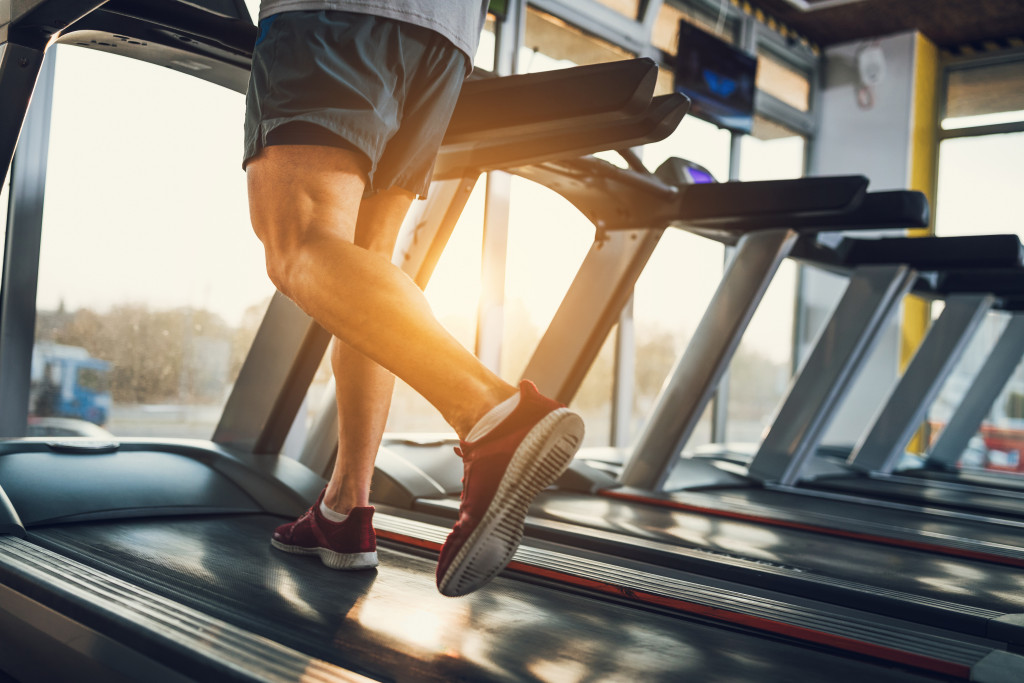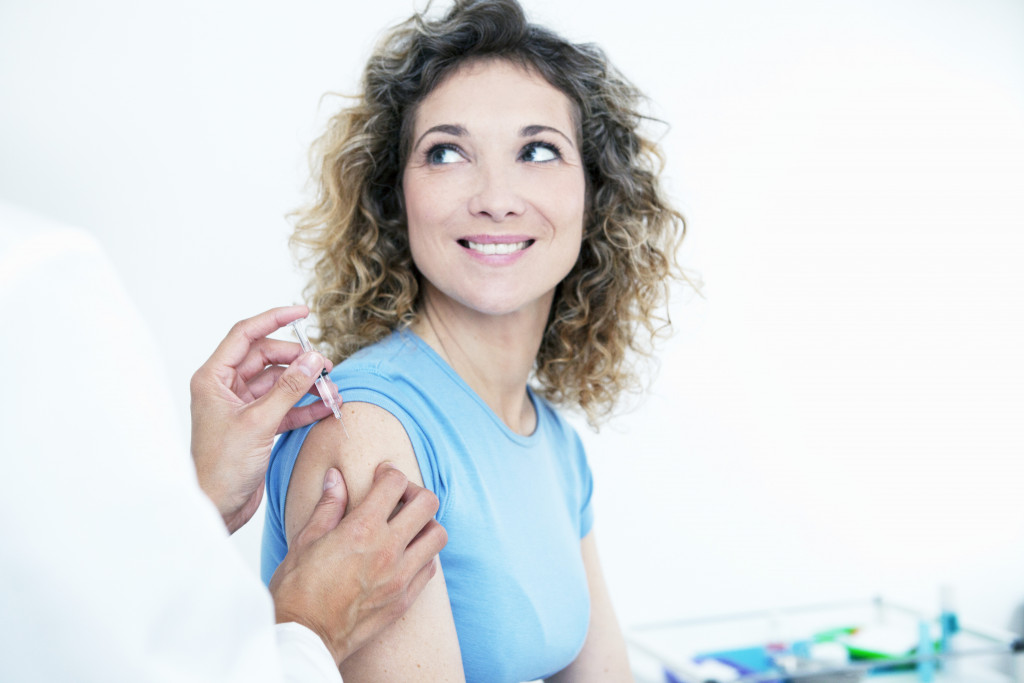It’s a given. Our belief systems can affect our actions like no other. Thus, even when America has over 660,000 COVID-19 deaths and over 41 million infected cases, many are still hesitant to get vaccinated. Even state governors such as Florida’s Desantis are issuing mandates not requiring the jabs. All this despite CDC guidelines stating to get one.
As adamant as these anti-vaxxers are, all sorts of reasons have been put on the table for their apparent inaction. The problem is many of these people who oppose vaccination have caught the virus and died. A glorious example is conservative WNDB radio host Marc Benier aptly dubbed “Mr. Anti-Vax,” a steadfast anti-vaccine campaigner who succumbed to the virus recently.
Truth be told, if you haven’t been inoculated against the COVID-19 virus, now is the best time to get one. With delta variant cases rising in America, giving yourself available protection is paramount. Take note that vaccines won’t cost you an arm and a leg as it’s free. Here’s an excellent start to get a booking.
And if you want to boost your health versus the virus, keeping an active lifestyle is vital. In fact, experts detail that exercising before being inoculated is beneficial to your overall outcome. It can minimize side effects while boosting the effectiveness of the vaccine. In short, it can work wonders: Here are key reasons why.
The Merits of Exercise for Your Immune System
To understand the effects of exercise when taking the vaccine, we need to look into the research done by an exercise expert, specifically Dr. Kate M. Edwards, a University of Sydney associate professor of exercise science.
Exercise, according to the lady researcher, can profoundly affect the immune system. First up, it puts needed immune cells into action, allowing them to patrol more over the body through the blood circulation. Know these cells stop infected cells dead in their tracks. Plus, they produce antibodies that destroy bacterial and viral antigens.
Moreover, when you work out, you let your muscles release myokines, signaling molecules that trigger the body’s internal defenses. In the long run, you develop a stronger and more thorough immune system.
In a pandemic where being infected with the virus could turn out to be a life-and-death situation, exercise can be a timely boost. One study in the US and printed in the British Journal of Sports Medicine looked into 50,000 infected patients. The researchers realized that many aggravating factors affect the outcome of the sickness. Old age is one, so is a history of organ transplants. Aside from all these contributing factors, physical inactivity is a central factor for severe symptoms.
Thus, patients who did not exercise ended up twice more prone to be hospitalized compared to people who were active, exercising 150 minutes per week at the very least. Inactive people were found to be 2.5 times more prone to die of viral infection.

Exercise and Its Effects on the Vaccine
Take note that these COVID-19 vaccines, like every drug in the country, pass through a stringent process before being approved for public use. Small wonder the approval of these vaccines took a long time. It’s a long and winding road.
Not only are these drugs tested to be effective, but they must also be tested for safe use. For one, it’s why clinical trials and patient advocacy group partnerships have been instrumental in the drug-making process. Tapped by big pharmaceutical drug makers, they ensure the drugs produced are safe for human consumption and do not have life-threatening and harmful side effects.
Edwards further emphasized that regular exercise can improve how effective vaccines become. That means being active weeks or months before being inoculated elicits a stronger vaccine response. In the long run, such a lifestyle means you’re more protected from viral infection.
This has also been manifested in the case of elite athletes. A study in 2019 revealed that elite athletes ended having more immune cells when taking a flu shot compared to healthy adults who were also vaccinated but did not exercise regularly.
The Best Course of Action
So even when immunization can boost our immune system, relying on exercise is a shot in the arm we should make the most of. Staying active results in more effective protection.
Even exercising just days before your actual vaccination date can be very useful. Edwards believes that doing so can make a huge difference. For best results, exercise your arm hours before the injection. Arm movements should do the trick. Doing so may trigger a better immune signal for your arm, your body’s point of entry for the vaccine. And definitely, let a healthier you out.

